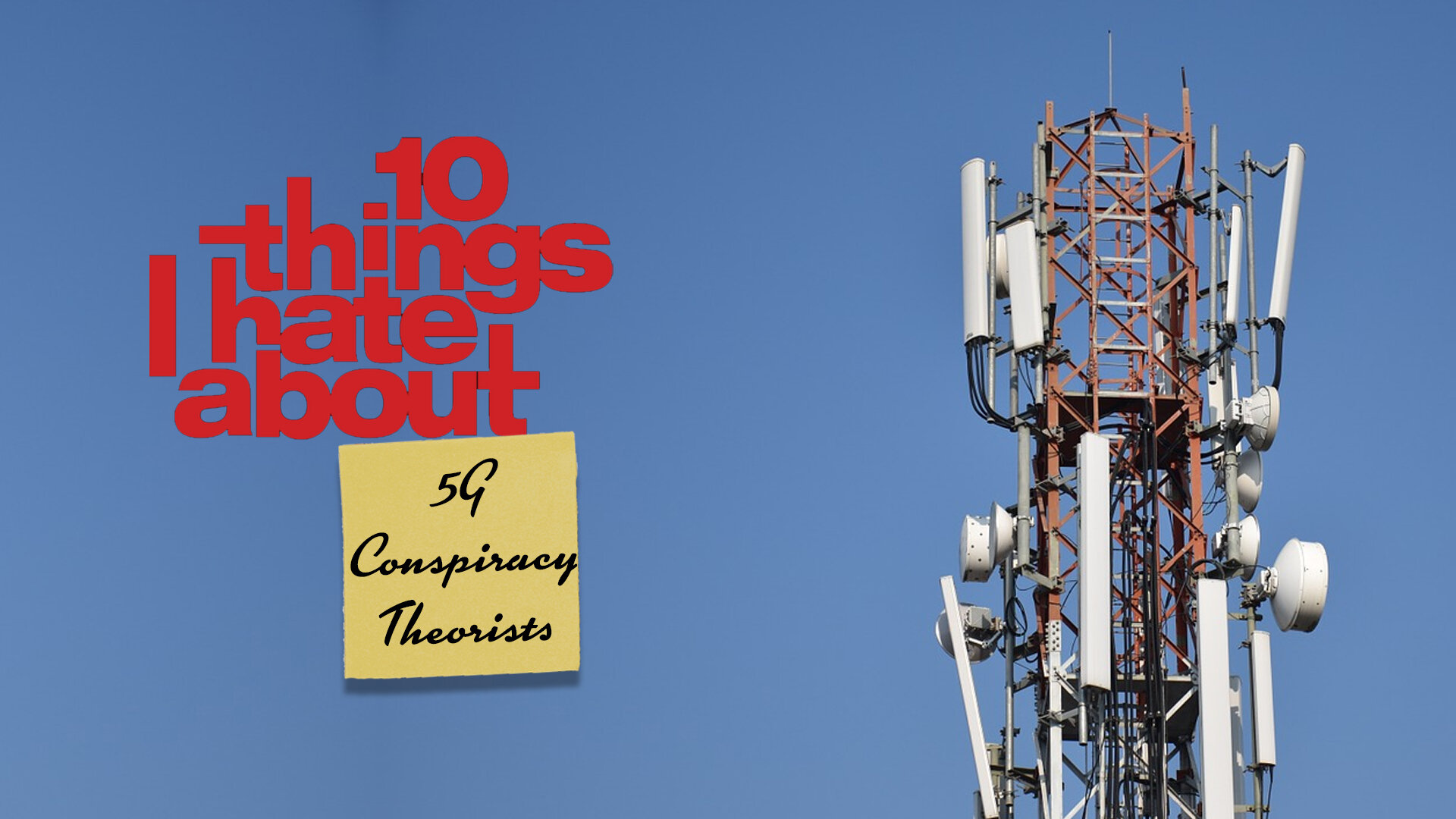Peace Out, Earth! NASA Found Seven Potentially Inhabitable Planets Orbiting Nearby Star
A group of seven exoplanets have been found orbiting the star, known as Trappist-1, by NASA. This amazing discovery has raised hopes in the hunt for alien life and other planets for the human race to colonise.
According to research by this team, which was openly discussed in a news conference (we have the video of this just at the bottom), these planets – surrounding a small star in the Aquarius constellation – could be warm enough to hold water and sustain life.
“This discovery could be a significant piece in the puzzle of finding habitable environments, places that are conducive to life,” said Thomas Zurbuchen, associate administrator of the agency’s Science Mission Directorate in Washington. “Answering the question ‘are we alone’ is a top science priority and finding so many planets like these for the first time in the habitable zone is a remarkable step forward toward that goal.”
NASA even created some tourism posters for the new planets!
This is the first time in history that so many Earth-sized planets have been discovered in orbit around the same star, making astronomers question what they know about the Milky Way. This place could be full of planets that may resemble our own.
This system is 39 light years away (that’s about 235 trillion miles) from Earth, and orbits a salmon pink star that is 2,000 times fainter than our own sun. And the planets around it vary from 25% smaller to 10% larger than our own.
It is predicted this system is over 500 million years old, and astronomers are really looking forward to finding out whether life exists on these planets with the help of advanced telescopes that will be created in the next decade.
Space is awesome, right? Don’t expect any follow up results for the next few years, but it’s fair to say this is a monumental step forward for this research.












Alongside the scientists, 50% of the British public and the future health of young people across the nation, I have one simple request: delay Freedom Day, please.